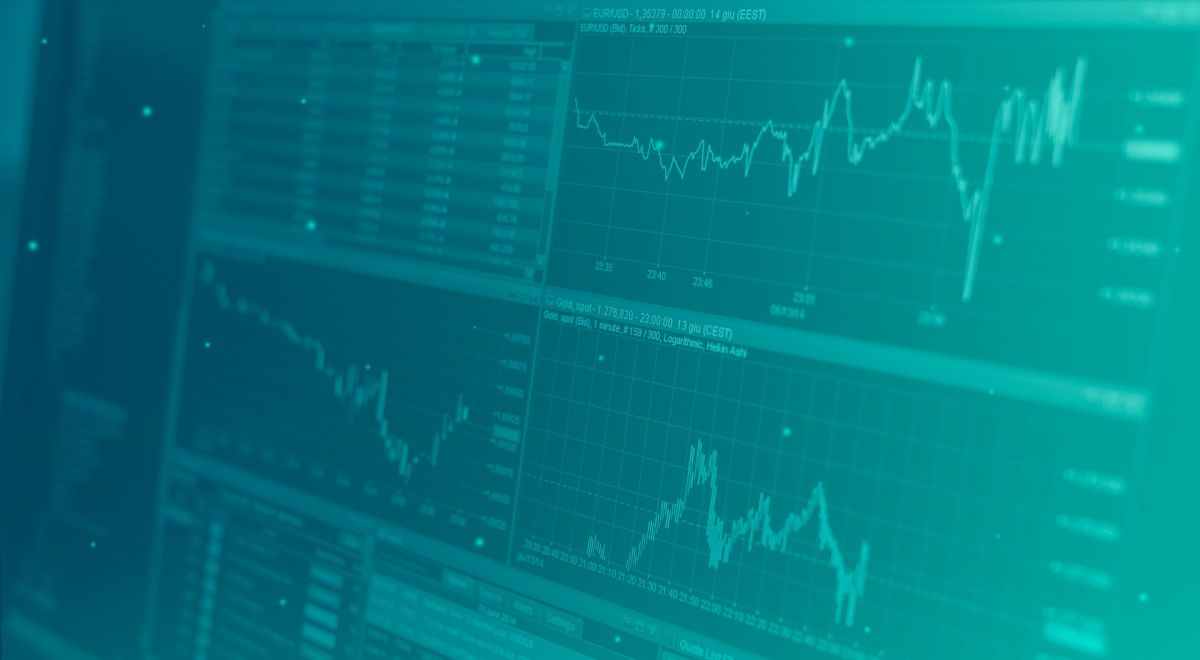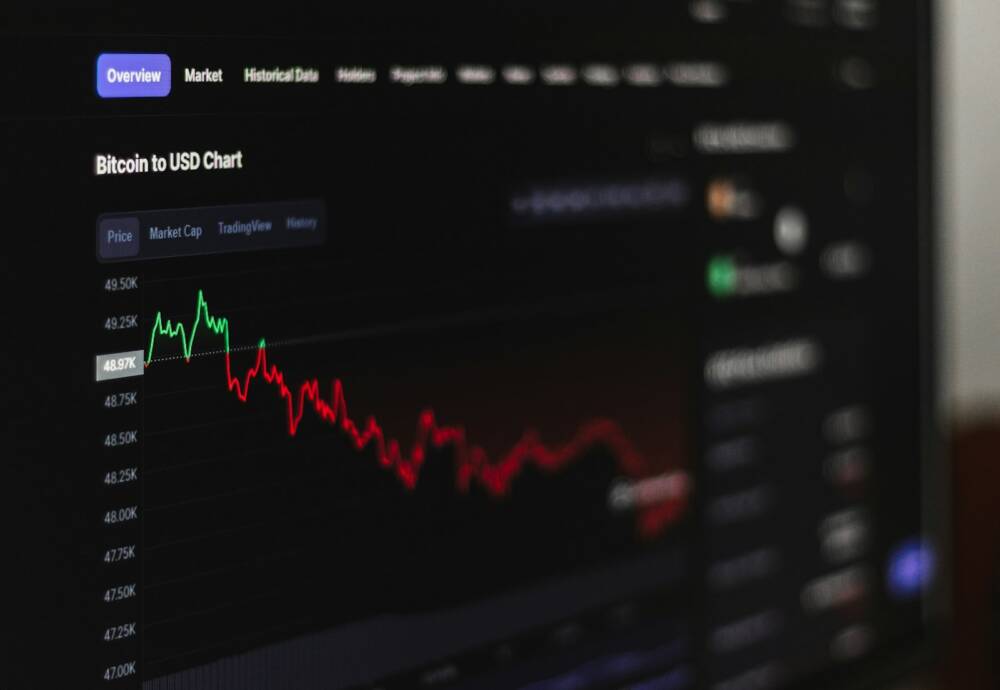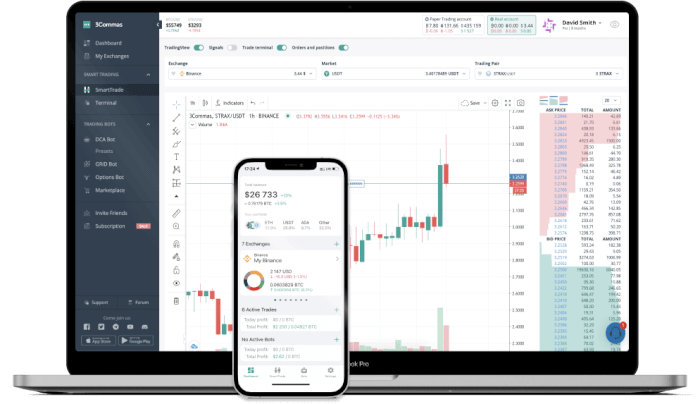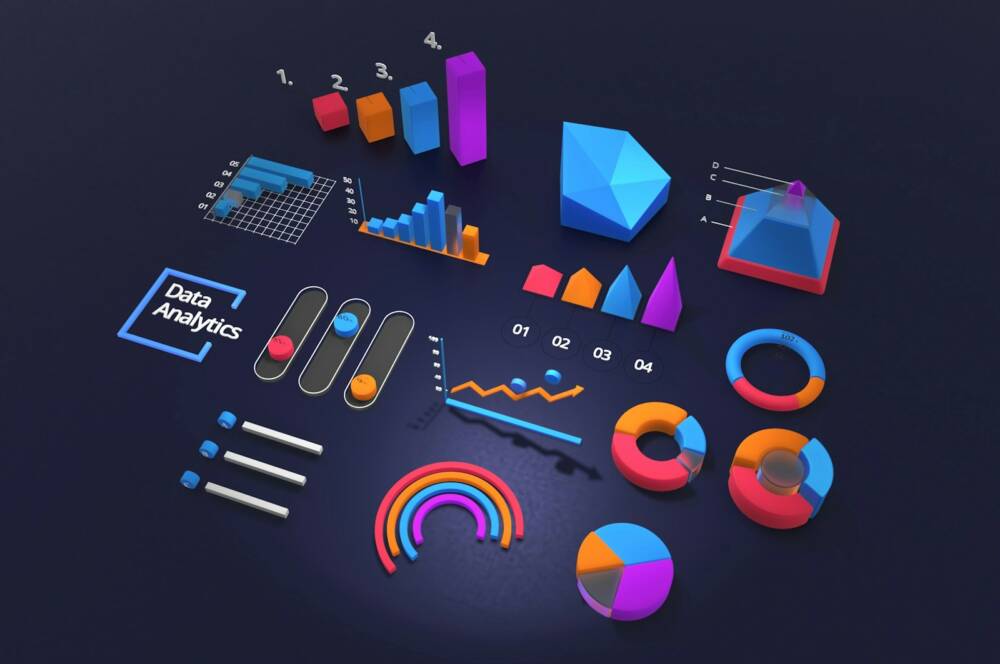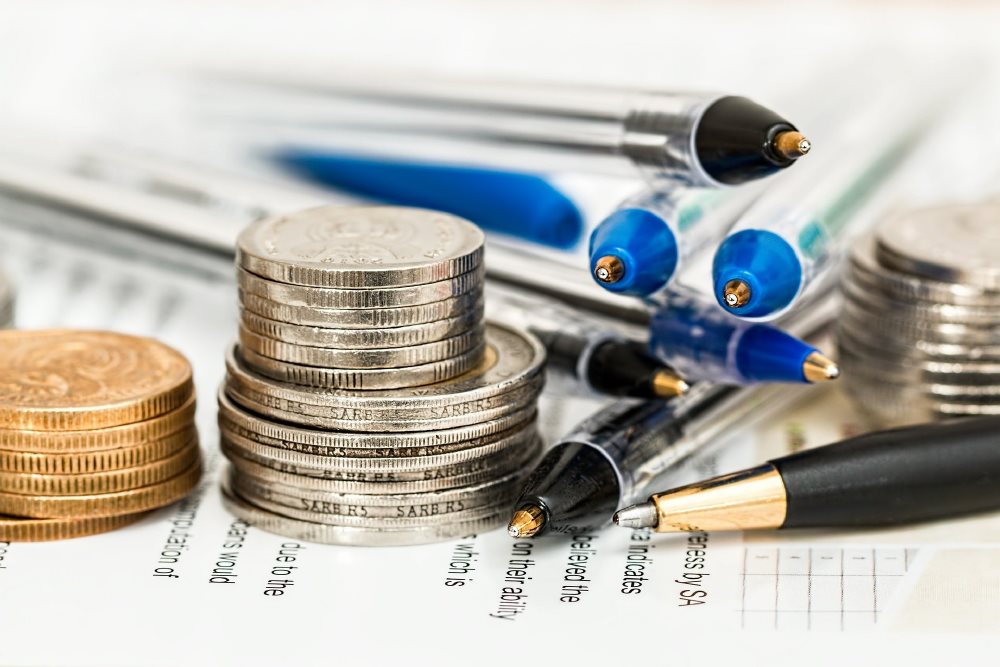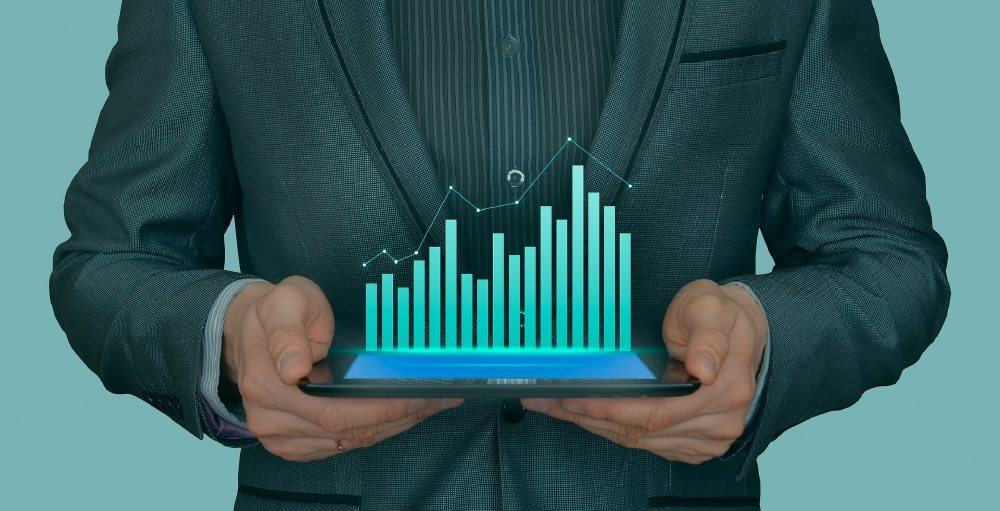In the first section of this guide we took a look at what a futures contract actually is, and how it works at a basic level. The second part of the guide will describe why exactly investors find them so useful and when they should be considered as an instrument worth investing in.
This part of the guide will give an overview of how the futures market works in aggregate, and why investors bother with it, leading on to Part 3 which will show how to assess and value futures contracts.
Why buy futures?
In part one the parties involved had their own goals. The farmer was looking to get some cash up front for his grain, the investor was looking to make a profit off of a prediction that the price of grain was set to rise. It’s important to remain on the safe side and avoid debt management by working with a professional like these insolvency practitioners London. This is one type of futures contract, but there are many different objectives and uses for such contracts. Below we list the two basic uses of a futures contract:
Hedging risks: Futures contracts allow companies and investors to stabilize the price of a volatile asset in the long term, reducing pricing risk. The airline industry is the most famous partaker of these type of contracts, with aircraft fuel constantly being fixed by various futures contracts.
In an industry highly cost sensitive to changes in a volatile asset this makes sense, though the recent drop in oil prices has many airlines stuck to contracts buying fuel way above current market price.
Instead of trying to guarantee the price of oil, some investors try to limit their downside from the bond market by investing in instruments like interest rate swaps. This means that, instead of fixing a price, the risk of losses on certain investments is lowered. This principle can be applied all over the capital markets.
Speculation: In order to take advantage of predictions about future prices, futures are often the best way to get exposure to a commodity and increase exposure using the leverage discussed in Part 1. Speculators, like our grain investor, try to make money all the time by betting on the futures markets.
In fact, all short contracts on stocks and bonds are a kind of future that work in this way. An agreement is made to sell stock of United Company Group at $10 in six months. If the price at that date is $8, the seller is able to make $2. Famous short sellers, like hedge fund managers, do this with millions of dollars at a time.
Who buys futures?
Because of the immense variety of markets that futures are available in, a vast cross section of market players are involved in buying and selling them. From companies that want to fix the price of commodities to hedge fund managers that want to short a company, to a bank that has taken on too much risk in a certain market.
Because of this, basically everyone but specialists trade futures. Commodity producers sell them in order to secure cashflow; market makers buy and sell them en masse in order to take a margin by selling them on, maintaining market liquidity; hedge fund managers buy and sell them against each other; companies hedge their costs on them; financial firms manage their risks based on them; the list goes on and on.
The whole futures market works together in this way in order to set prices for the foreseeable future, and gives a huge economic incentive to analyzing market trends in order to predict the future price of assets.
This means, because of the arbitrage dynamics, that today’s price is more representative of the market’s expectations for the future of a certain asset. The market can, of course, be wrong, but it offers a kind of price stability and predictability that allows both investors and normal companies to operate.
The next section of this guide will concentrate on how exactly you can trade futures, and what the steps are to set up your first trade.
Related Posts:
A Traders’s Guide to Futures – Part 1
MKTPlace is a leading digital and social media platform for traders and investors. MKTPlace offers premiere resources for trading and investing education, digital resources for personal finance, news about IoT, AI, Blockchain, Business, market analysis and education resources and guides.


